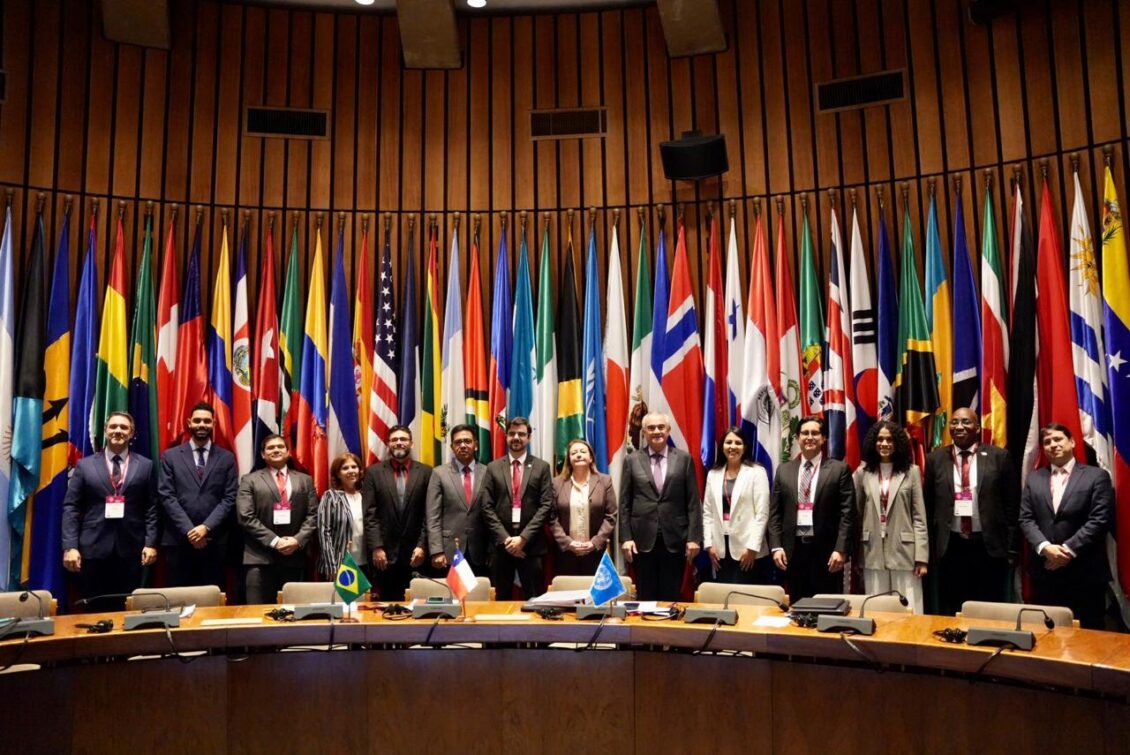The new pro tempore presidency rekindles the debate on how to coordinate states, institutions, and civil society to achieve a fairer and more coordinated tax system in Latin America and the Caribbean.
By: Adrián Falco*
Originally published in Spanish on Latindadd’s website here.
The Latin American and Caribbean Tax Platform (PTLAC) has a new pro tempore presidency. The Brazilian government will have one year to delve into issues that have been relevant to the platform, such as the progressivity of tax systems, the review of tax expenditures, and environmental taxes, and also to consolidate an institutional framework that provides the platform with political and technical predictability in the medium and long term. It is true that predictability is elusive in Latin America, a region of inequality in terms of income and opportunities, a laboratory for the most Mesozoic right in living memory, and with serious deficiencies in the consolidation of cooperation of any kind.
It’s true that there have been enormous opportunities, as well as intentions, for coordination at different times, but it’s also true that the well-known regional integration tends to be in the twilight of an eternal dream. Pro Sur to the right, UNASUR, ALADI, ALBA to the left or the center, and CELAC more recently, have failed to include in their debates or priorities the discussion of the necessary tax reform required by the countries of the region.
The UNASUR Working Group on Financial Integration (WGFI) was, without a doubt, an experiment that raised hopes. Civil society, without being formally invited, played a key role there. Latindadd embraced this struggle for the economic integration of our region as its own. A struggle that foundered unceremoniously in the turbulent waters of the passivity and disinterest of the ruling classes of the time.
Is the PTLAC close to repeating that history? Or can it avoid it? Today, there are no clear certainties. What exists is a space for exchange that has lasted three pro tempore presidencies and that attempts—with the key support of ECLAC—to build a stable institutional framework. It’s an important step, but for now, a weak one.
What it comes down to, and what leads us to reflect with a healthy dose of intellectual pessimism, is that if we don’t manage to deepen, sustain, nurture, and above all politically strengthen this space, it will end up as just another well-meaning supranational initiative that failed to deliver. And that would truly be a shame.
Politics shapes the technical, the artisan shapes the piece; it’s not the other way around. To sustain itself over time and achieve the desired goal of consolidating a regional bloc on fiscal issues, PTLAC needs political muscle, which it lacks today and which it should urgently build. “After Brazil, what comes next?” is a question fraught with concern for those of us who dream of a regional structure that allows us to cooperate, exchange, and coordinate on these topics. Is it time to ask the new Brazilian presidency for a working group on institutional strengthening? How can we achieve convergence of Ministries of Finance, Tax Administrations, and Foreign Ministries on these agendas? What role should civil society play in this process? We are not naive; politics does not emerge from structures, but these are a sine qua non condition for incubating debates and ideas.
PTLAC is an important and necessary forum. The reality of the region demands a bigger profile. Fiscal policy is the most political of public policies, and as such deserves a different, broader approach that goes far beyond what mere optimism or good intentions can achieve.
* Adrian Falco is an Argentine sociologist and coordinator of the Tax Justice area at the Latin American and Caribbean Network for Economic, Social and Climate Justice – Latindadd.
